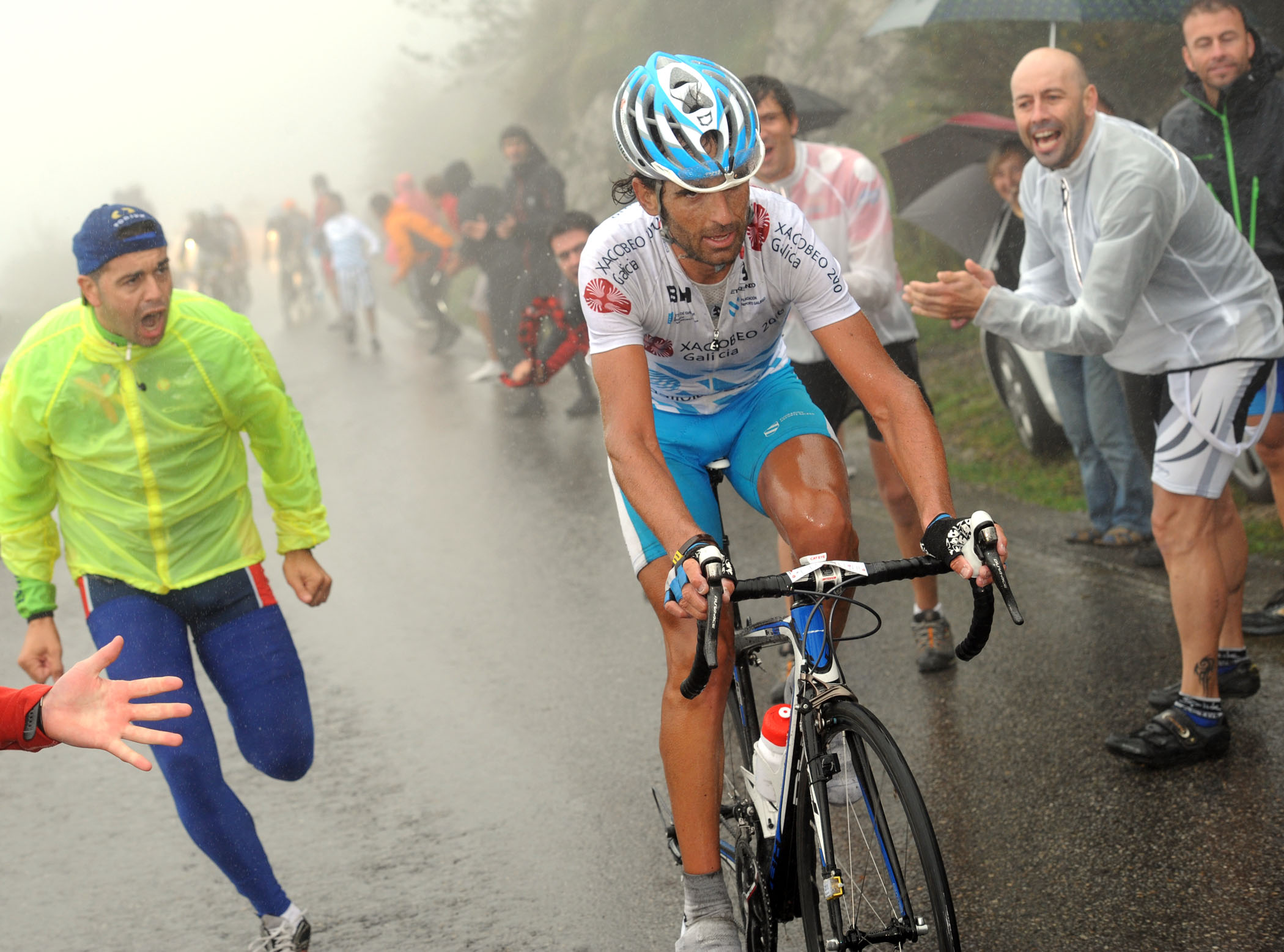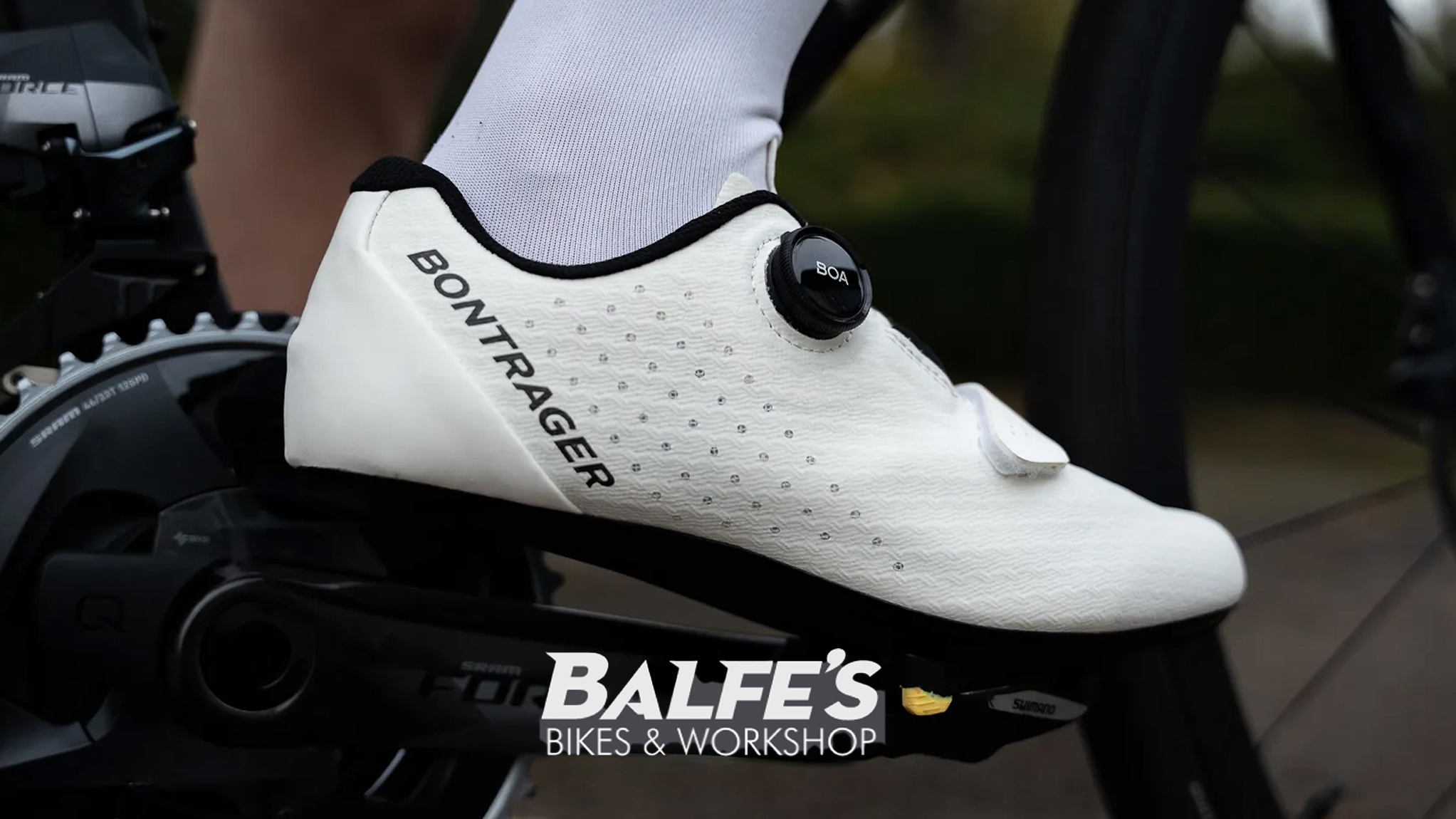Two-year ban requested for Mosquera positive

More than a year after he tested positive for a possible masking agent, hydroexthyl starch, 2010 Vuelta a Espana runner-up Ezequiel Mosquera's case is nearing completion.
According to Spanish newspaper El Faro de Vigo, the lawyer overseeing the case has formally requested a two year ban from the Spanish Cycling Federation's disciplinary committee.
At first glance, the hard line being taken on Mosquera's case contrasts sharply with that of Alexandr Kolobnev by the Russian Federation, also positive for a masking agent - in Kolobnev's case during this summer's Tour de France. Kolobnev is strongly rumoured to have been let off with a warning, although this has yet to be formally confirmed.
However, although Mosquera could technically receive the maximum sentence possible, a two-year ban is only a recommendation, not a definitive sentence.
In the case of Alberto Contador's positive for clenbuterol, for example, a year's ban was proposed, but the Federation's disciplinary committee ignored it and Contador has been racing all season. Mosquera, on the other hand, has not taken part in any races even though technically there is nothing stopping him.
The other most recent case of a positive for hydroexthyl starch - that of former Tour de France Best Young Rider Oscar Sevilla this September - also suggests that a two-year ban is extremely unlikely. Sevilla, like Mosquera a former Vuelta runner-up and currently racing for a small Colombian team, was banned for six months.
One of the longest-running currently unresolved doping cases, Mosquera tested positive alongside his former Xacobeo-Galicia team-mate David García Dapeña for hydroxethyl starch in last year's Vuelta.
Get The Leadout Newsletter
The latest race content, interviews, features, reviews and expert buying guides, direct to your inbox!
García Dapeña also tested positive for EPO, which he subsequently recognised he had used, although he insisted his was an isolated case which had nothing to do with Mosquera. García Dapeña has since retired.
According to WADA rules, hydroxethyl starch is a ‘specified substance', given that it can be used as a masking agent to hide use of EPO and other substances, but it is only banned if injected intravenously.
Meanwhile it has been revealed that the 2011 Vuelta a Espana has had no positive doping cases.
Related links
Kolobnev avoids suspension for Tour de France doping positive
September 2010: Mosquera and Garcia test positive at Vuelta

Thank you for reading 20 articles this month* Join now for unlimited access
Enjoy your first month for just £1 / $1 / €1
*Read 5 free articles per month without a subscription

Join now for unlimited access
Try first month for just £1 / $1 / €1
Founded in 1891, Cycling Weekly and its team of expert journalists brings cyclists in-depth reviews, extensive coverage of both professional and domestic racing, as well as fitness advice and 'brew a cuppa and put your feet up' features. Cycling Weekly serves its audience across a range of platforms, from good old-fashioned print to online journalism, and video.
-
 Gear up for your best summer of riding – Balfe's Bikes has up to 54% off Bontrager shoes, helmets, lights and much more
Gear up for your best summer of riding – Balfe's Bikes has up to 54% off Bontrager shoes, helmets, lights and much moreSupported It's not just Bontrager, Balfe's has a huge selection of discounted kit from the best cycling brands including Trek, Specialized, Giant and Castelli all with big reductions
By Paul Brett
-
 7-Eleven returns to the peloton for one day only at Liège-Bastogne-Liège
7-Eleven returns to the peloton for one day only at Liège-Bastogne-LiègeUno-X Mobility to rebrand as 7-Eleven for Sunday's Monument to pay tribute to iconic American team from the 1980s
By Tom Thewlis